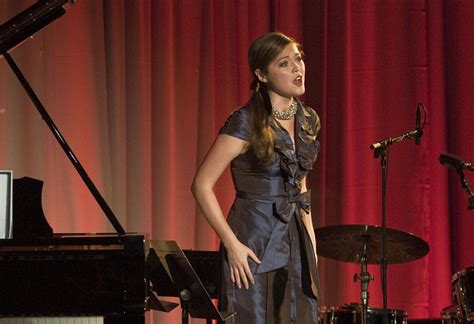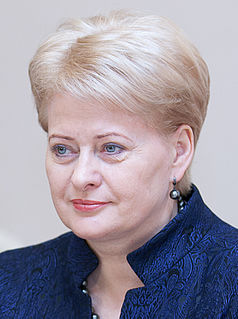A Quote by Ivan Krastev
What makes me worry today is the alarming decline in the trust in democratic institutions - political parties, Parliaments, political leaders. Less and less people are going to the polls in most advanced democracies.
Related Quotes
In many European countries we have populist indirect democratic systems. The people elect, in a proportionate manner, a parliament. The parliament with all its parties is representative of the political opinions among the citizens. It is reasonable to claim that the people rule itself through the political institutions.
Our marvelous new information technologies boost our power and opportunities for political engagement, but they can also disempower us by contributing to extreme political mobilization that sometimes overwhelms our institutions. These institutions were designed for rural societies operation at a tiny fraction of today's speed and with a citizenry vastly less capable that today's. It's unclear how they will change to adapt to the new reality, but change they must.
We, the Black masses, don't want these leaders who seek our support coming to us representing a certain political party. They must come to us today as Black Leaders representing the welfare of Black people. We won't follow any leader today who comes on the basis of political party. Both parties (Democrat and Republican) are controlled by the same people who have abused our rights, and who have deceived us with false promises every time an election rolls around.
Perhaps we should worry less about judging people for being Mormon or Baptist or Muslim or gay or straight or black or white or Latino or by their religious or political brands and worry more about electing thoughtful, serious and ethical politicians on both sides of the political isle who are willing to work together for progress.
I think some people have blind faith in American institutions without knowing a whole lot about them and think they will stand up to Donald Trump and are indestructible. I actually think democracy is not a definable and achievable state. Any country is either becoming more democratic or less democratic. I think the United States hasn't tended to its journey toward democracy in a long time. It's been becoming less democratic, and right now it's in danger of becoming drastically less democratic.
We do not have many women leaders in the world. But if you look at the current examples, most of those few female leaders that we have today lead their countries under the pressure of difficult political and economic circumstances. They all posses strong personalities and have real political influence on the domestic and international scene.



































